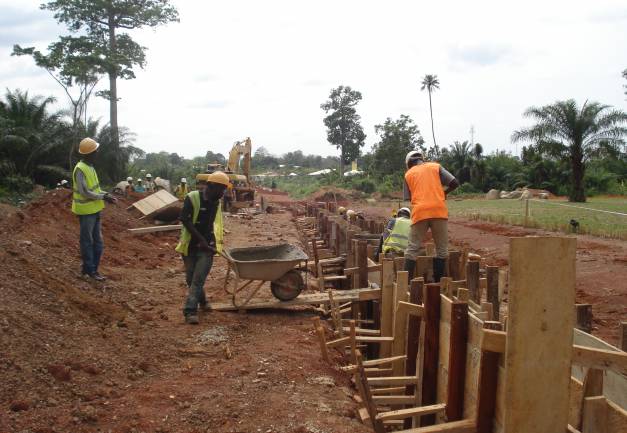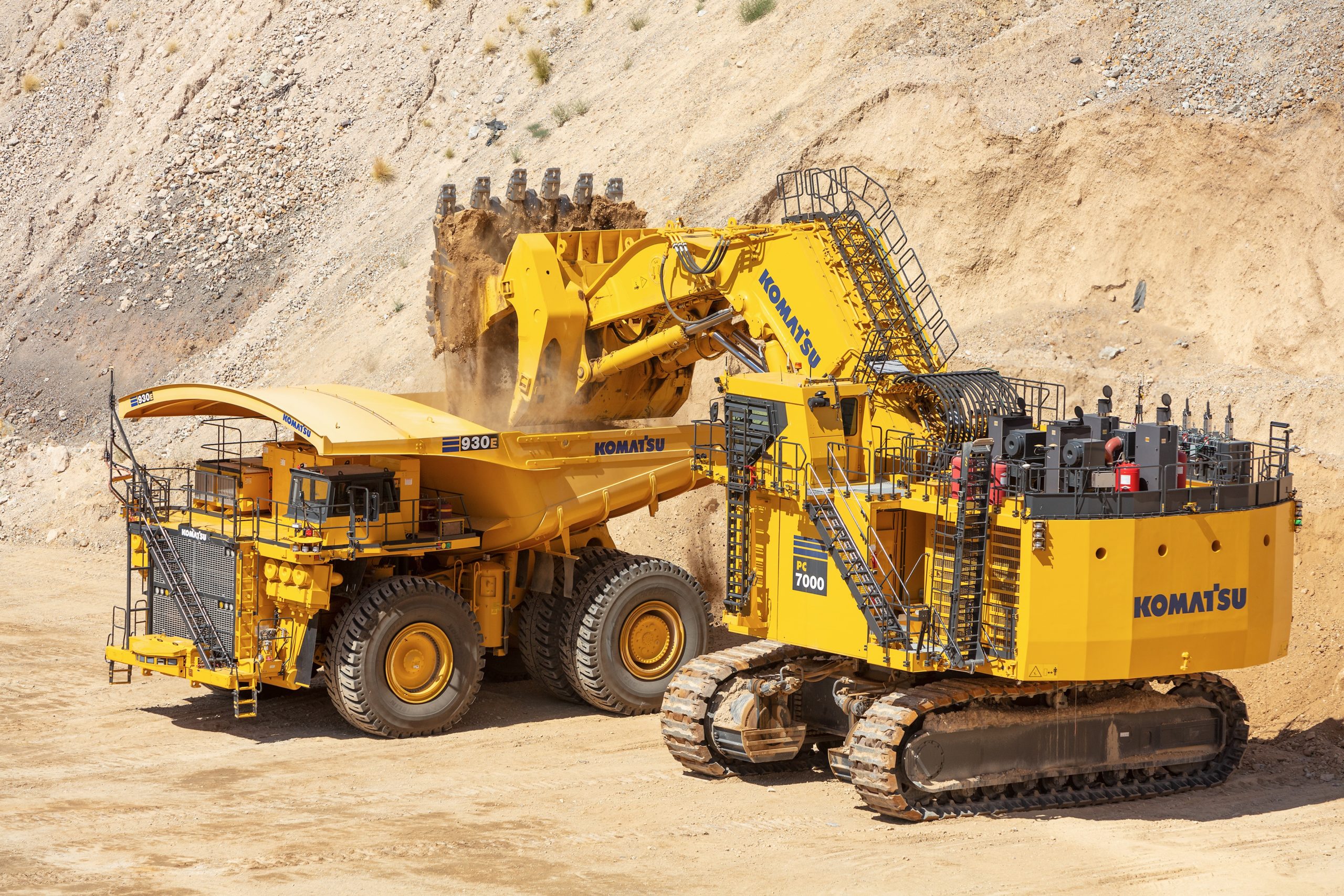
Mining operations usually provide much needed employment in developing countries but these jobs have a finite life. As Alan Swaby learns, a longer point of view is what’s really called for.
There’s nothing new in the bigger mining companies, operating in third world or developing countries, having social responsibility policies. But the question is not what to do while the mine is in operation but rather how to put in place a sustainable structure that can still function even after the life of the mine is over.
Western companies are often willing and want to spread largess among local businesses but are just as often discouraged by a completely different mindset amongst the host population. Finding the right degree of commercial sophistication, being comfortable that contractors can work within the mine’s health, safety and environmental regime, and of course basics such as punctuality and reliability are all conditions that need to be met.
But George Brakoh, manager of Local Supplier & Contractor Development for Newmont Ghana Gold, feels passionately that it is important that big companies such as his do take the initiative and do put in whatever effort it takes to make the adjustment.
“There are countless requirements,” he says, “that need to be performed around a mine on a daily or weekly basis to keep things running smoothly. They usually involve low levels of skill and compared with the main task of extracting and processing ore, are obviously of less importance and priority. From a purchasing point of view, it would clearly be easier for all this work to be bundled together and outsourced to a single international service provider, passing over the problems of training and supervision to someone else. But the fact is that those small services around a plant can make a huge difference to the community, not only in terms of income and additional employment opportunities but also in encouragement and development.”
The Newmont Mining Corporation is not only one of the world’s oldest gold producers, it is also one of the largest. It has significant assets or operations in North and South America, Australasia and the Far East, employing 43,000 staff and contractors worldwide. In fact Newmont cites its cooperative and fair-handed dealings with local communities as one of the reasons why it has continued to operate so successfully for nigh-on 90 years.
In 2007, Newmont became the first gold company selected to be part of the Dow Jones Sustainability World Index. As such, its operations—wherever they can—place great emphasis on developing local businesses. “It’s not just a question of handing out work,” says Brakoh. “Our aim is that we help create something that will continue in a sustainable fashion long after the life of the mine is over.”
In Ghana, Newmont’s most advanced interest is at Ahafo, some 300 kilometres north-west of the capital Accra. It took $800 million to put into production which started in 2006. From the outset, developing Ahafo created challenges as the ore body was located beneath an area inhabited by about 1,700 households. Negotiations needed to be handled sensitively and considerable collaboration went into helping and encouraging the affected community to resettle successfully. As well as financial compensation, residents were provided with new homes, schools and titles to land they previously were not allowed to own.
“The mine has created many job opportunities,” says Brakoh. “As well as the 1,800 employed directly by Newmont, there are another 3,000 contractors on site. But we are also anxious to help the next wave of employers get started—always with an eye to the time when the mine will have run its natural course.”
At the heart of Brakoh’s work is the Ahafo Linkage Programme—a three-year project to increase procurement from local suppliers. It has to be acknowledged that, at this stage, most of these purchases fall into the non-critical or non-technical categories. Not that this will always be the case. Newmont, working in collaboration with the Ghana Chamber of Mines, has identified 28 product categories which it feels can be sourced locally. It is currently undergoing an in-depth study using specialist consultants on which Ghanaian manufacturing concerns can be lifted to a suitable level for the supply of these components. “It’s quite likely,” says Brakoh, “that we will encourage joint ventures between existing members of our supply chains and suitable local companies.”
In the meantime, the focus is on developing small-scale businesses to the point when they can be accepted as Newmont suppliers. A database of local businesses wanting to supply to Newmont has been prepared and of these, 47 enterprises have been tutored over the three-year period. “We provide them with a working model of what we want from our suppliers,” says Brakoh. “This starts with good communications so that we can maintain rapid contact at all times. Then we need the commercial fundaments—an understanding of how to tender for work, accurate bookkeeping, prompt invoicing—all the sorts of things you would expect in a traditional Western business world.”
Not surprisingly, many local residents haven’t had the benefit of an ongoing, formal education but Brakoh has learnt that this is no barrier to success. “One of our quickest growing suppliers,” he says, “started with a single chainsaw cutting down trees. He now employs crews for both construction and tree cutting, he has gone into the car hire business and with the help of a South African mentoring company, has a fledgling general engineering business.”
Local farmers and guest house owners also have been drawn into the pool of suppliers, but never in any charitable way. In each case it is because they have responded well to the tutoring they are offered and then reach the exacting standards Newmont applies.
“It is very rewarding for me,” says Brakoh, “to see how individuals can respond and rise to the challenge when they are given the guidance they need. We have had disappointments but most of them take it very seriously and you can see the difference as their confidence grows. These entrepreneurs learn that Newmont is not handing out favours and that they have earned Newmont’s trust by doing outstanding work.”
DOWNLOAD
 Newmont-EMEA-May12-Bro-s_0.pdf
Newmont-EMEA-May12-Bro-s_0.pdf












